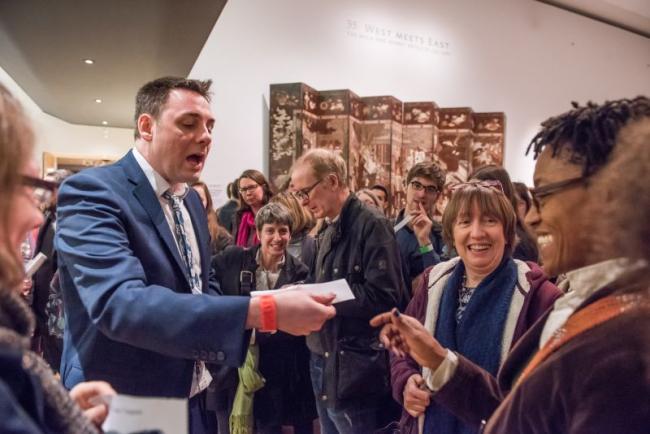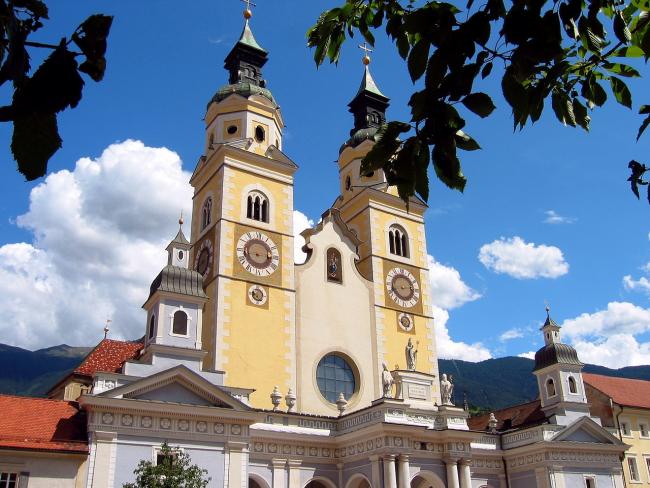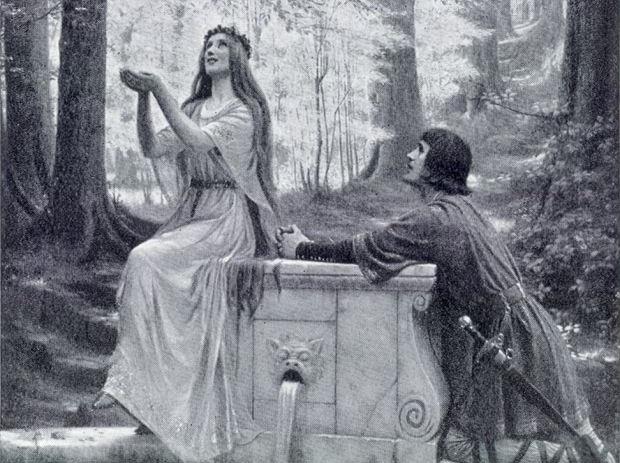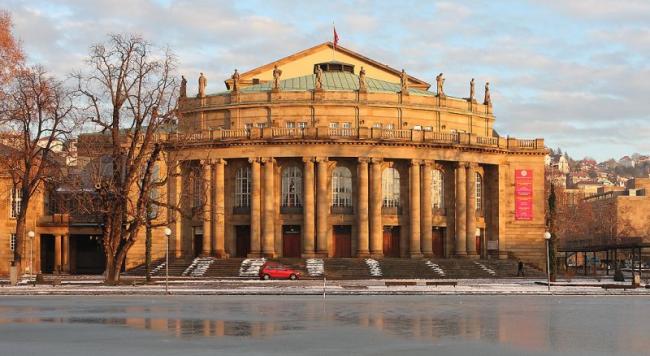Linguistic diversity is a fact of human life – as is the imbalance in status between languages.
In the current context of globalisation, this imbalance is manifesting itself most strikingly in the rise of ‘global’ English as the universally recognised lingua franca, and the pressure this in turn puts on other less globally ‘useful’ languages.
The features in this section will present findings from our evolving research on the interaction between multilingualism and creativity, but also address aspects of the context in which our research is taking place. From the difficulties and opportunities of Modern Languages in schools to insights into the impact Brexit will have on languages and their status in the UK, we will be looking at social and political issues to better understand how we can make linguistic diversity more visible, valued, and vibrant.
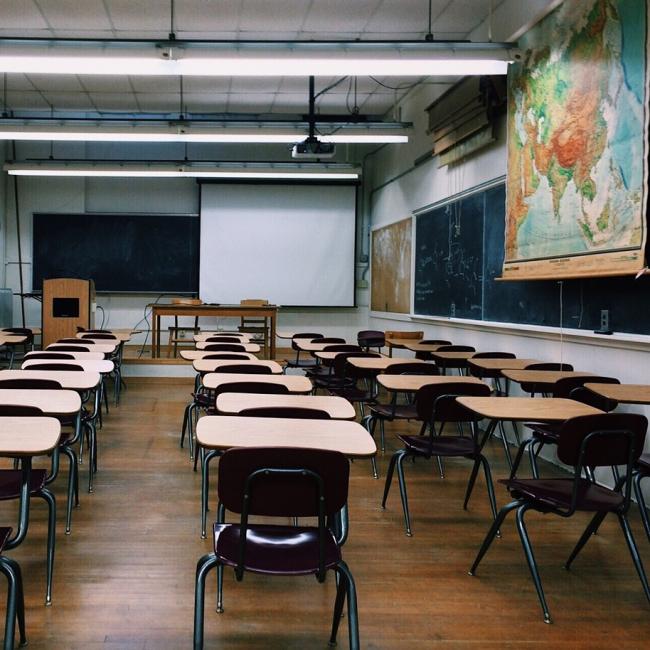

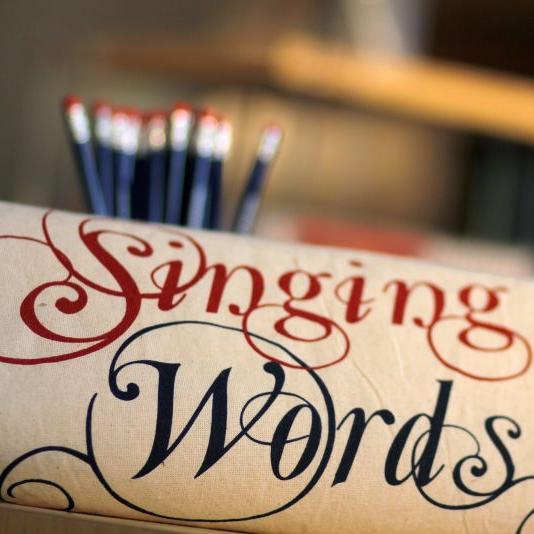
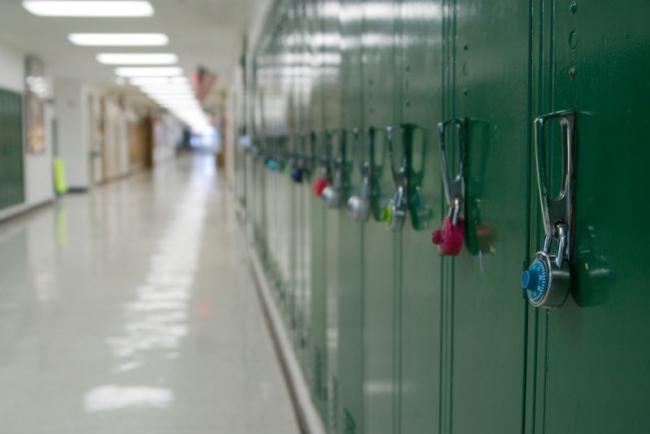
_0/index.jpg?h=35aee189&itok=xCiG2W5d)
